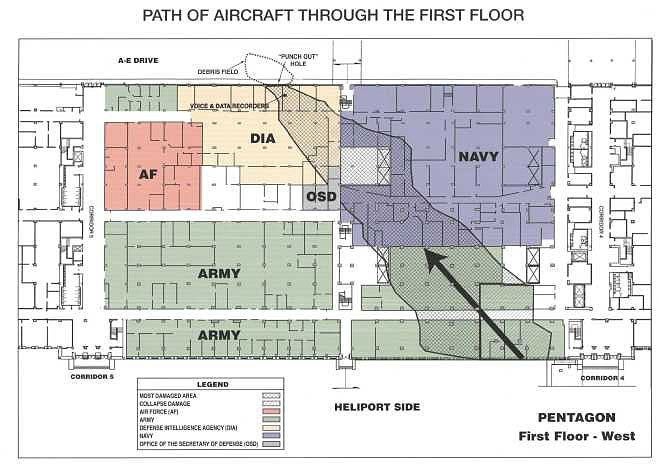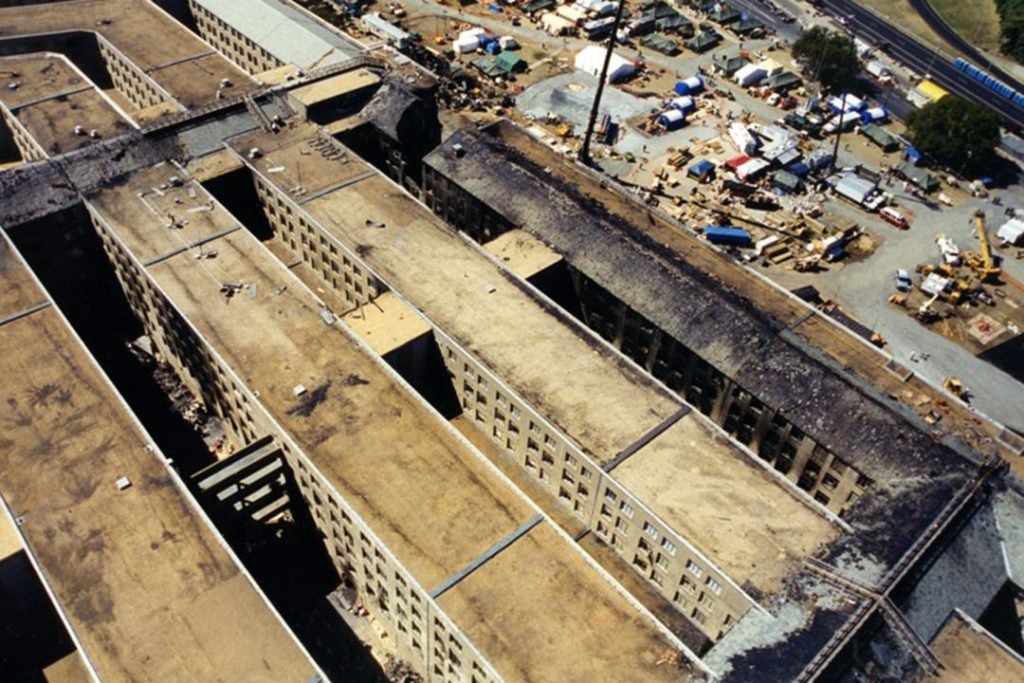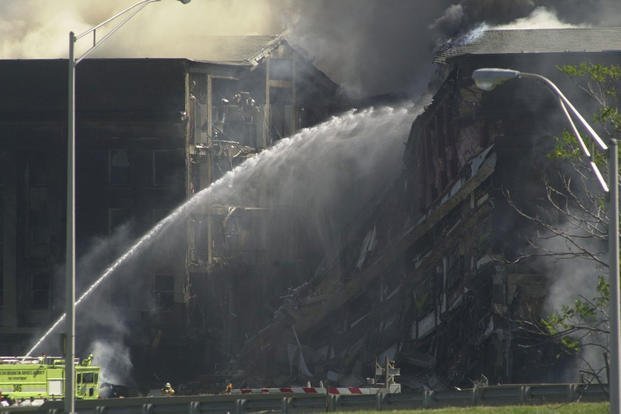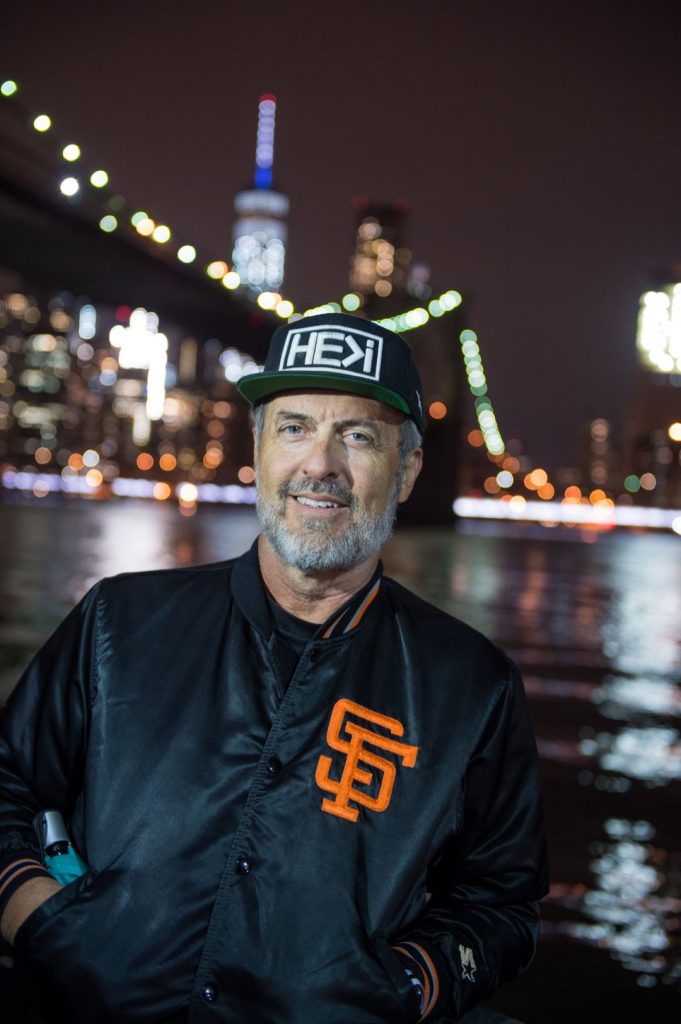(Editor’s note: In 2021 in observance of the 20th anniversary of the terrorist attacks of Sept. 11, 2001, The Augusta Press created a special section. Here is one of those stories)
A last-minute call brought Jack Hook to the Pentagon on Tuesday, Sept. 11, 2001. At the time, he was a colonel assigned to Fort Gordon, but the Pentagon was a familiar place to him. He’d worked there from 1996 to 1998.
The meeting was set for 9 a.m. followed by a second meeting later that afternoon with then Maj. Gen. James Lovelace.
MORE: The 2021 20th anniversary special section published by The Augusta Press
On most trips to Washington, D.C., he stayed at a Doubletree Hotel within walking distance to the Pentagon, but on this trip, he couldn’t get a room there. Instead, he stayed downtown and needed a rental car to get to his meeting.
MORE: 9/11 Retrospective: Navy Vet Was Serving Next to Pentagon
“I had to drive in, and I didn’t know how bad traffic would be in D.C. I got to the Pentagon around 8:15,” said Hook who retired from the Army in 2004 and lives in Columbia County, where he taught and coached at Augusta Christian Schools.
Once he arrived, he sat in the car for a few moments. He marveled at the weather and the clear blue sky.
“It was so beautiful. There was low humidity. I stopped and prayed and thanked God,” he said.
Twenty years later, Hook still remembers the vivid details of the events that would transpire that day.

He was accustomed to the fast-paced environment at the Pentagon and headed into his meeting early. Only minutes before the meeting started, the first plane hit the North Tower of the World Trade Center in New York. American Airlines Flight 11 flew into the building between the 93rd and 99th floors.
Hook stopped at the snack bar and just as he was heading into the meeting. He heard something about a plane crash. He didn’t have time to investigate. His meeting was in an isolated, windowless room inside the building’s west wing.
The meeting had been going according to plan — until 9:37 a.m.
“We heard a loud explosion,” he said.
At first, he thought it might have been a bomb set off by protesters.
[adrotate banner=”19″]
They sent a couple of people out of the room to investigate, but it wasn’t long before security entered the room to evacuate the building.
As he rushed out of the building, he glanced out one of the windows.
“There was a big billow of black smoke, black thick smoke, and it smelled like jet fuel,” he said.
Little did he know at the time the reason he was smelling jet fuel was that five hijackers had crashed American Airlines Flight 77 into the Pentagon. The plane’s wreckage was only 50 yards from the enclosed room where Hook’s meeting had been held.

Hook’s first thought was to call his wife. He didn’t have a personal cell phone, but he used his military phone to call home. He got through to let her know he was okay. He knew that she’d hear about the explosion.
By then, he’d learned of the other planes because people in the building had been watching news reports.
“As we stood outside, we started piecing things together,” he said.
Hook said he was grateful for the little things that morning — the things that could’ve seemed like minor inconveniences such as having to stay in downtown Washington, D.C. and being forced to get a rental car.

“I started counting my blessings,” he said.
He was also grateful he called his wife when he did because before long cell phone lines were jammed with so many people trying to call out. He couldn’t reach anyone at Fort Gordon to find out what he should do. With plane service halted, Hook used the rental car to drive home that night.
“It was easier to get forgiveness” than asking permission, he said.
[adrotate banner=”54″]
The meeting scheduled with Lovelace didn’t occur that day. His office was in the wing that the plane struck, killing his administrative assistant.
Hook said that part of the Pentagon had undergone some renovations. Offices were still vacant, resulting in fewer casualties than would’ve occurred had the space been fully occupied. The office where he was pinned as a colonel was obliterated by the crash.

The crash and fire killed 125 people in a building where 16,000 to 20,000 people work on a daily basis. Another 59 people died on the plane, bringing the total lost at the site to 184.
A week later, Hook returned to the Pentagon for that meeting with Lovelace.
“It was so different when I went into the Pentagon on the 17th and 18th,” he said. “Everyone was wearing their battle dress uniforms. The Pentagon was typically an office environment. Everyone was in battle dress — the Army, the Navy, the Air Force.”
MORE: 9/11 Retrospective: Grounded Pilot Remembers 9/11
The meeting was held underground, and the topics had shifted.
“We were back to work, and we knew Bin Laden was behind it,” he said.
Charmain Z. Brackett is the Features Editor for The Augusta Press. Reach her at charmain@theaugustapress.com.
[adrotate banner=”15″]














